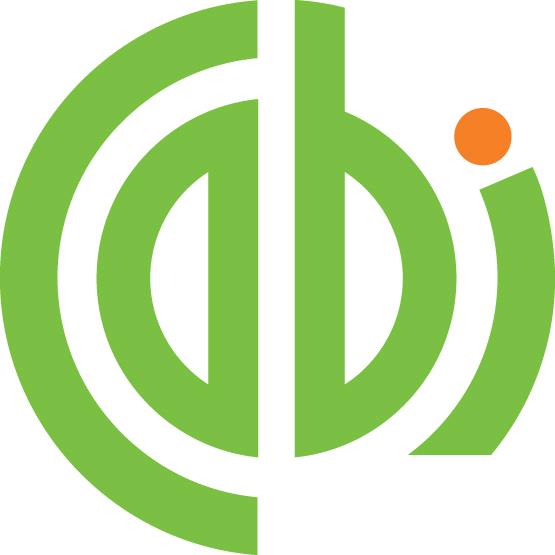Evolution of systems approaches to agricultural innovation: concepts, analysis and interventions
Six key themes that emerged from the European Union (EU) funded LEARNing project designed to develop and test a systemic approach to research practice are reported. The focus was on the learning and knowing processes experienced by individuals, groups and institutions that emerges from collective action and results in changes in practices or in the potential to change practices of those involved. The authors, drawn by the idea that the key to understanding knowledge is to be found in “how we know what we know”, or, in other words, in the processes of “learning and knowing” present these themes: processes, theory, evaluation, institutionalisation and social and professional practice as a basis for further innovation in the conduct of R&D and as a basis for future capability building of researchers.
Related Resources

Plantwise: Putting innovation systems principles into practice
Institutions as a Fundamental Cause of Long-Run Growth
This paper develops the empirical and theoretical case that differences in economic institutions are the fundamental cause of differences in economic development. We first document the empirical importance of institutions by focusing on two "quasi-natural experiments" in history, the division...
Evolution of systems approaches to agricultural innovation: concepts , analysis and interventions
The paper is an attempt to synthesize and organize the existing literature, this chapter reviews the literature on agricultural innovation, with the threefold goal of (1) sketching the evolution of systemic approaches to agricultural innovation and unravelling the different interpretations;...

Total Factor Productivity Growth in Agriculture: The Role of Technological Capital

The Role of Innovation Brokers in Agricultural Innovation Systems
This section discusses the role of innovation brokers in bridging communication gaps between various actors of innovation systems. On the basis of recent experience in the Netherlands, it outlines the success of brokers in finding solutions adapted to the needs...


